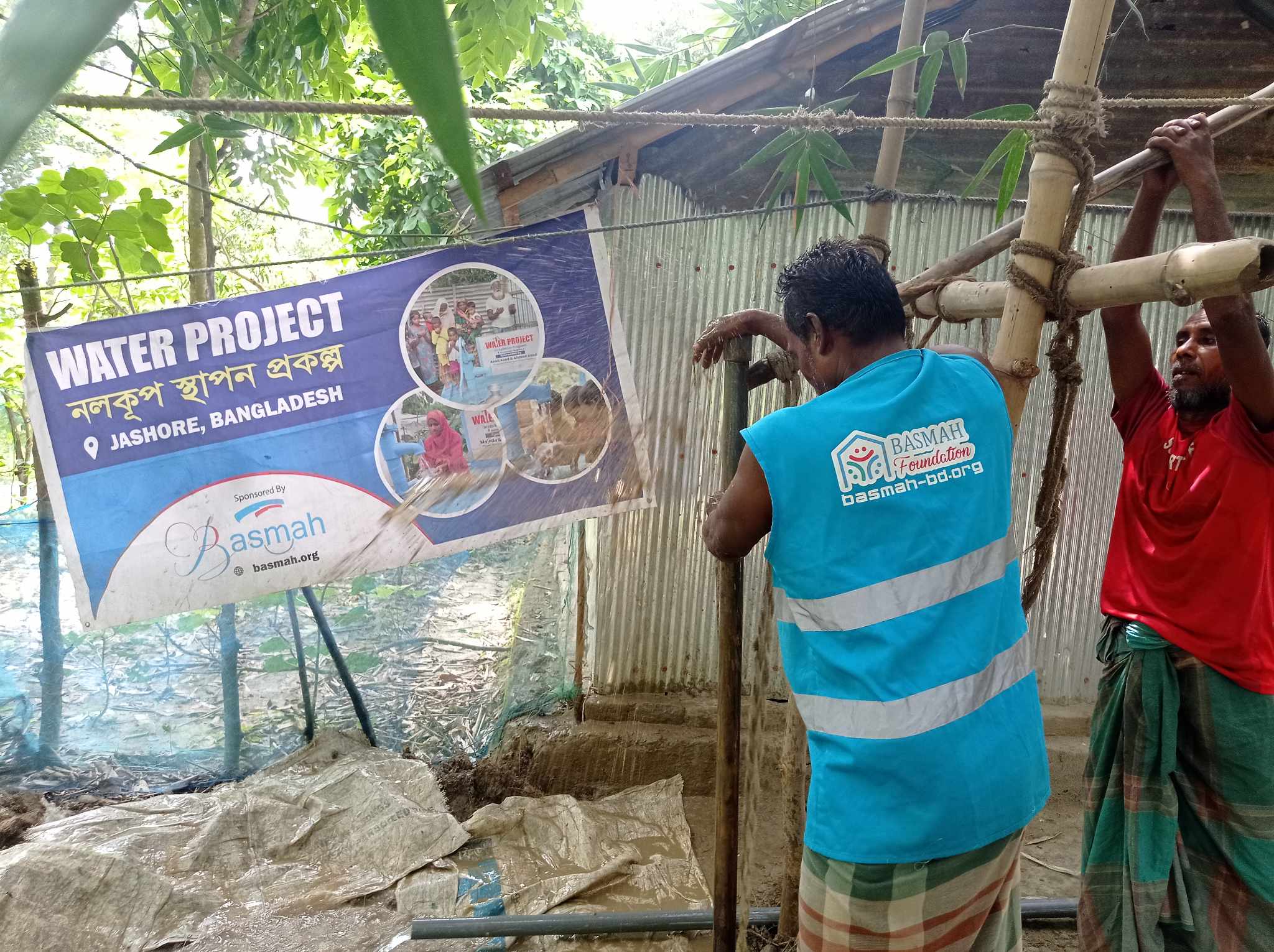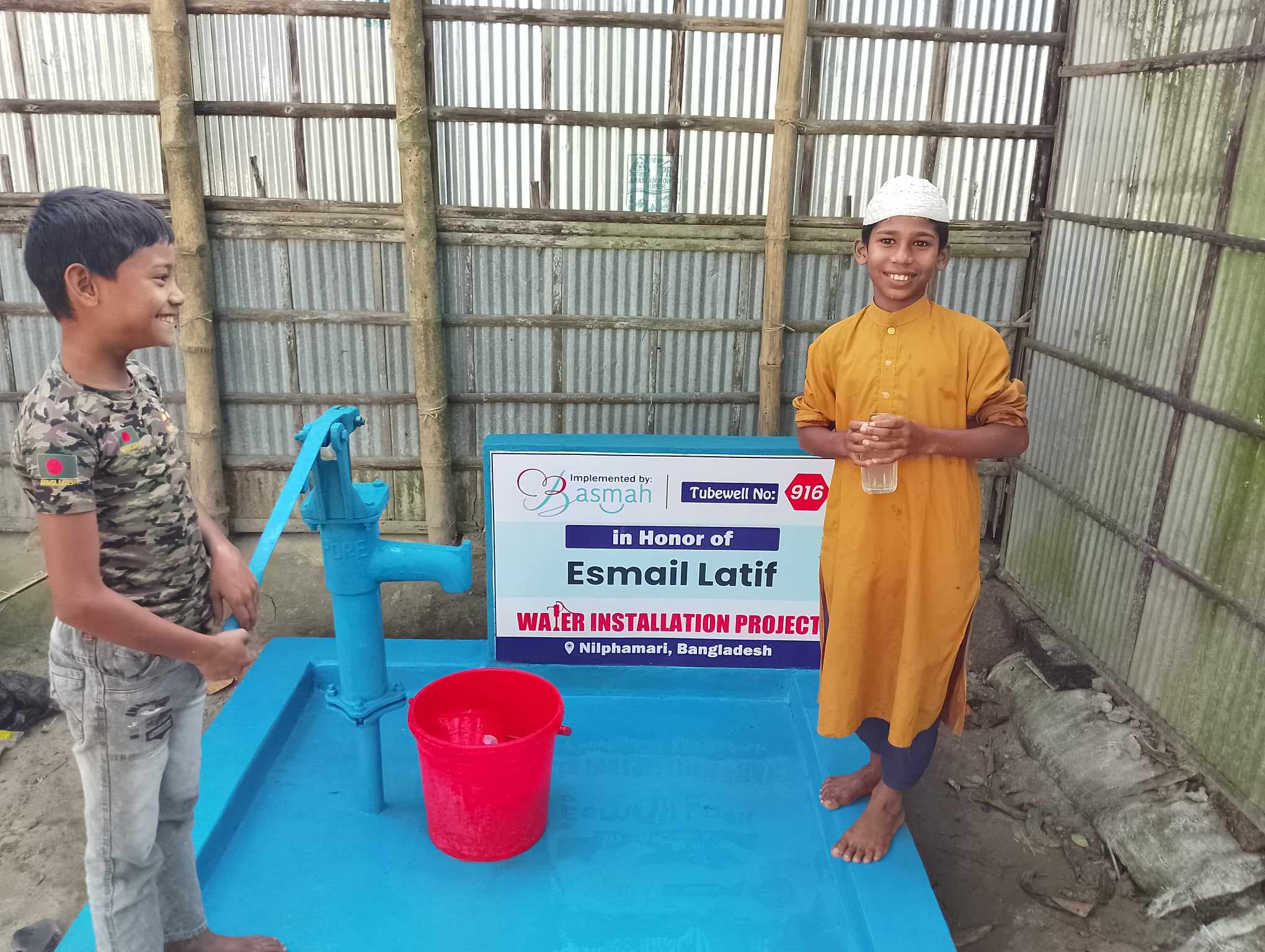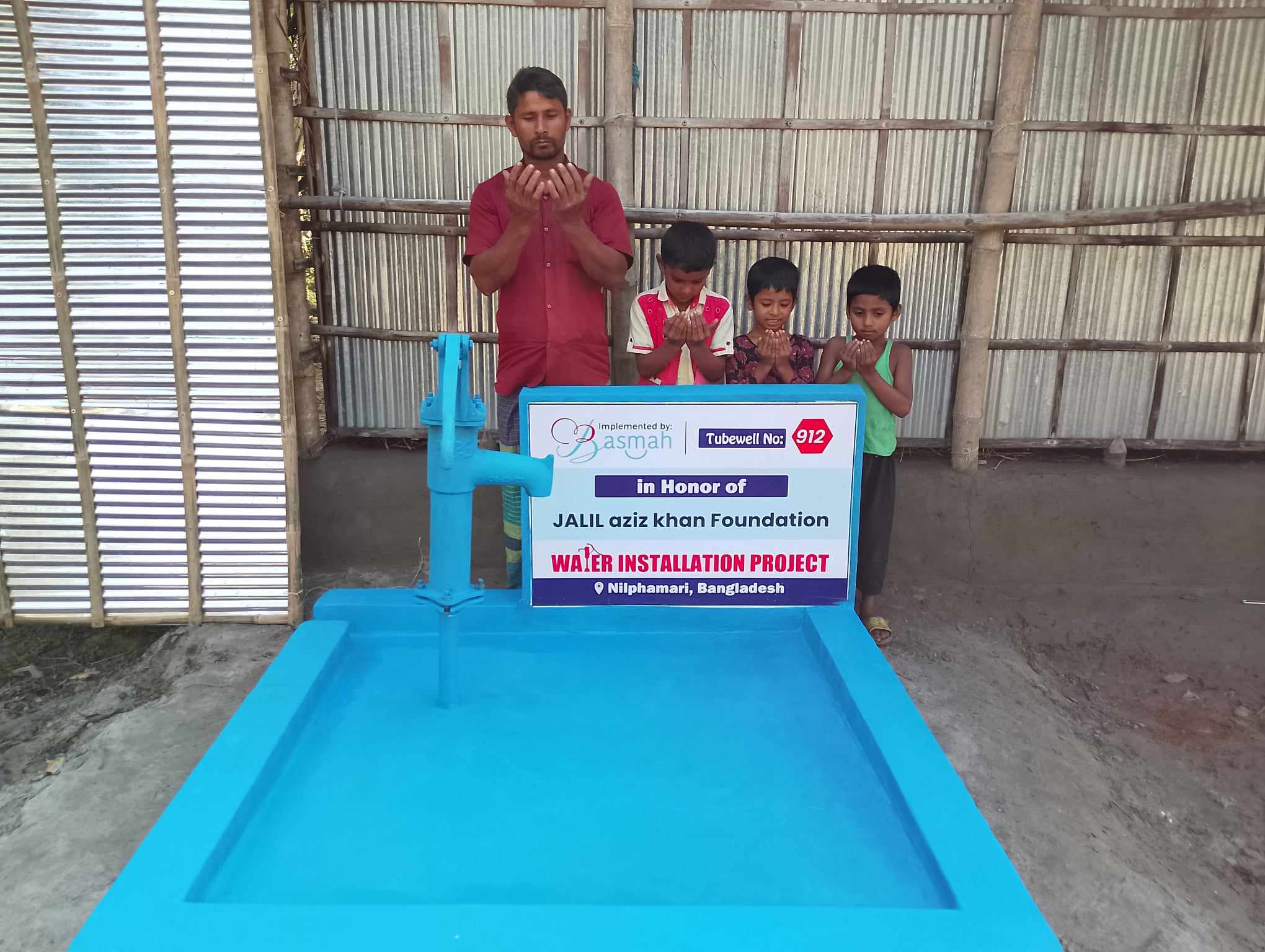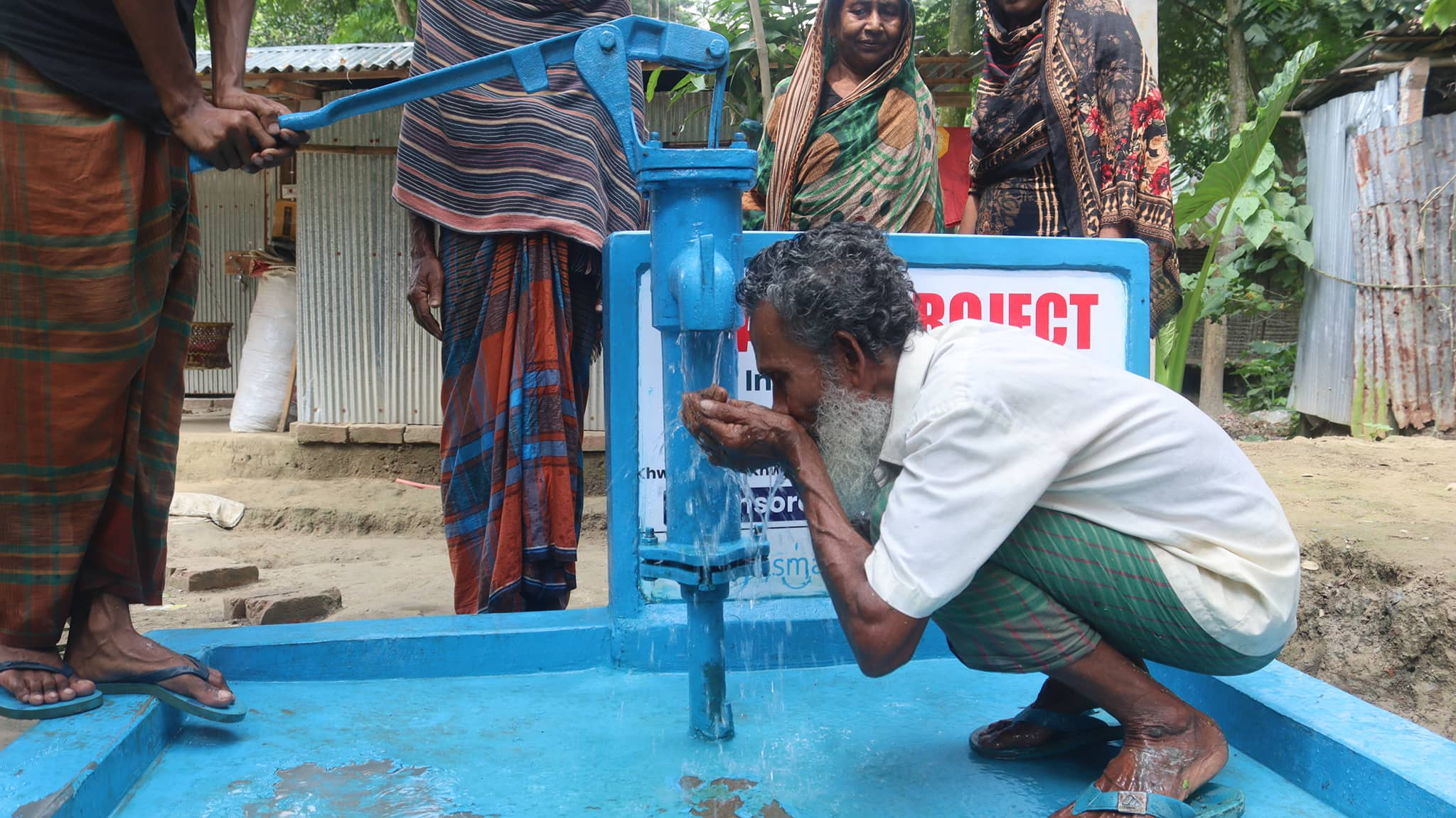Clean Water Crisis
Access to clean water is a fundamental human right, yet it is a luxury for millions of people around the world, including Bangladesh. According to UNICEF, around 42 million people in Bangladesh lack access to safe drinking water, making it one of the most water-scarce countries in the world. The primary cause of the clean water crisis in Bangladesh is its geographical location. The country is situated in the delta region of three major rivers – the Ganges, Brahmaputra, and Meghna – making it highly susceptible to flooding, erosion, and water pollution. Additionally, the rapid population growth and urbanization have also contributed to the depletion of clean water resources.
The consequences of the clean water crisis in Bangladesh are dire. Waterborne diseases such as cholera, dysentery, and typhoid are rampant, causing hundreds of deaths each year. Lack of access to clean water also means that people are forced to rely on contaminated water sources, leading to a range of health problems, including skin diseases and malnutrition. Children are particularly vulnerable to the effects of the clean water crisis. Poor sanitation and hygiene practices, combined with lack of access to clean water, increase their risk of contracting waterborne diseases. Moreover, children who suffer from chronic water scarcity are more likely to miss school and fall behind in their education, perpetuating the cycle of poverty.
To address the clean water crisis in Bangladesh, various NGOs and government initiatives have been launched to improve access to clean water. One such organization is BASMAH, a non-profit organization that is dedicated to supporting Rohingya refugees and underprivileged people in Bangladesh. BASMAH has been working to build water wells in rural areas, which provide a sustainable source of clean water for communities. In addition to building water wells, BASMAH has also been conducting water quality testing to identify contaminated water sources and provide treatment solutions. The organization has also been providing hygiene education and sanitation facilities to promote good hygiene practices and reduce the risk of waterborne diseases.
Clean water is a basic necessity of life, yet millions of people in Bangladesh continue to suffer from the effects of the clean water crisis. By supporting organizations like BASMAH, we can help provide access to clean water and improve the health and well-being of communities in need. Together, we can help create a brighter future for the people of Bangladesh.






